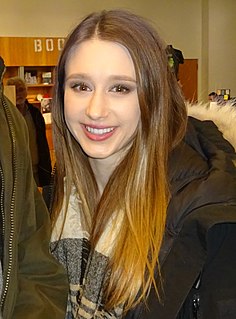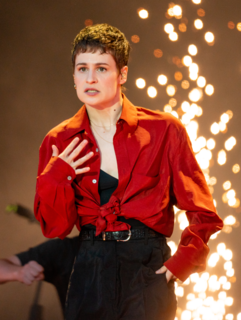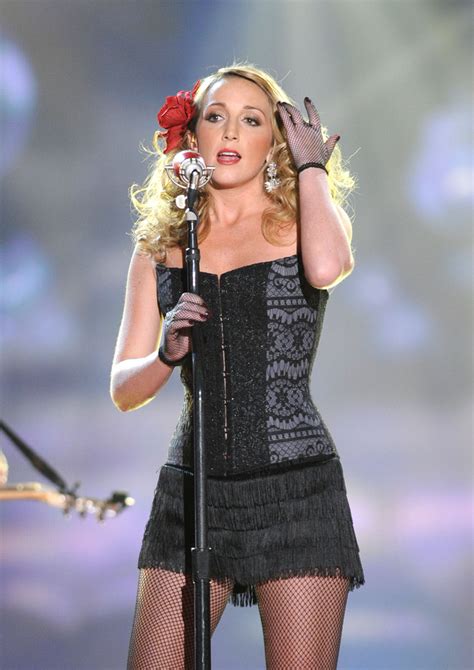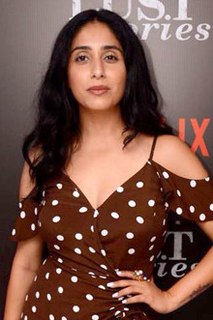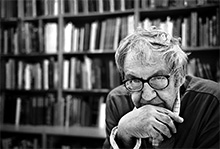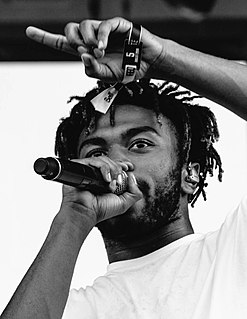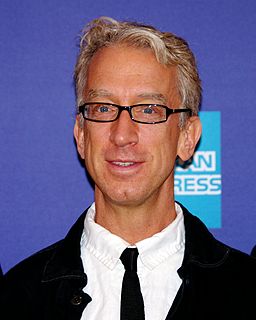A Quote by Sophie Kinsella
I had no plans to be a writer. My teenaged bid for stardom was to be a pop star... which, ahem, didn't exactly work out.
Related Quotes
There are people who are known for some contribution to pop culture, but that doesn't mean that you've survived solely on your relevance to whatever is currently popular. That's what a pop star is, in that sense. You might start out as a pop star, but that's just an opportunity to become more relevant, if you possibly can.
The English don't like concepts, really, not from a pop star. It's alright if they come from an 'intellectual,', but from a pop star you're getting ahead of yourself. Part of the class game is that you shouldn't rise above your station, and to start talking about concepts if you're in the pop world is getting a bit uppity, isn't it?
I started out as a fashion photographer. One cannot say that I was successful but there was enough work to keep me busy. I collaborated with Harper's Bazaar and other magazines. I was constantly aware that those who hired me would have preferred to work with a star such as Avedon. But it didn't matter. I had work and I made a living. At the same time, I took my own photographs. Strangely enough, I knew exactly what I wanted and what I liked.





